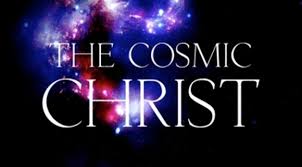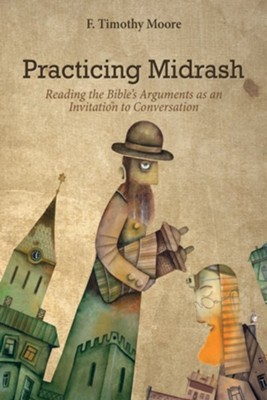2
We are only at the beginning of the twenty first theology and a growing number of Evangelicals and Christians are embracing the Cosmic Christ of Patristic theology as well as those who believed early on in Christian universalism. Augustinian theology of original sin, predestination, and eternal hell as well as joining church and state together has won the day for the past millennium but starting this new millennium, all those doctrines and views are falling apart. There is a secret shaking and revival of what I call Cosmic Christianity that joins the new physics and evolution with faith as well as seeing the whole universe and reality interconnected and new creation theology where salvation is no longer simply for certain individuals or the church but for the whole universe!
Who would have known twenty five years ago that Evangelicals would be debating in Four Views of Hell that one would be a Christian universalist like Robin Perry. This July, Five Views of the Atonement comes out with Tom Greggs representing Barthian universalism. Who would have known? New books are coming out almost every other month by people like Robin Perry, Richard Rohr, Ilaria Ramelli, and David Bentley Hart this year on patristic and modern Christian universalism. Robin Perry's book just came out this week, A Larger Hope? Universal Salvation from the Reformation to the Nineteenth Century (Cascade, 2019) Here is a brief summary of his introduction of what the early Christian patristic writers believed:
1. Creation - All things were created good and had a destiny (telos) in union with God.
2. Fall - Angels rebelled and incited the fall of humanity. The fall was a fall away form goodness. The goodness of God, not the badness of man was the focus.
3. Evil - Evil is not a thing nor substance, it is the absence or lack of good. God did not create evil for evil is rooted in the will of creatures.
4. Free Will - Man chose to do evil and salvation involves the deliverance of our wills. The early Patristic writers read the creation story of the first humans or humanity as a problem of (spiritual) education and illumination.
5. Jesus - Our nature is healed through the Word-made-flesh. Adam corrupted it and Christ is the one who healed it.
6.Incarnation - Christ has become the body of the whole of humanity (Hilary of Pointers). If Christ had not assumed flesh, he could not have healed it (Athanasius).
7. Crucifixion - He died for all to abolish death with his blood to gain the whole of humanity (Athanasius).
8. Resurrection - Resurrection came from one human being (Christ) which extends to the whole of humanity (Gregory of Nyssa). Jesus resurrection is the resurrection of the whole human race in his humanity.
9. Divine punishment as Corrective - Divine punishment was about education and correction. God's purifying fire burns that which is sick out of us (Clement of Alexandria).
10. Hell is Not Forever - The purifying fire of God burns away sin, not sinners (Didymus the Blind). Origen said hell is self-inflicted by the burning of our conscience. God permits us to wound ourselves in this way so we can learn. Ephrem of Syria and Gregory of Nyssa said that those condemned to Gehenna will eventually receive restoration and God's kingdom.
11. Consummation - Origen and Gregory of Nyssa both taught there would be a final union and restoration of all of humanity called "Apokatastasis." God will become all in all and the end will be like the beginning again but better.
12. All Will Be Saved - "Every being that has its origin in God will return such as it was from the beginning . . . consequently, no being will remain outside the number of the saved" (Gregory of Nyssa) the last signer of the Nicean Creed which most Christians believe and follow to this day.


